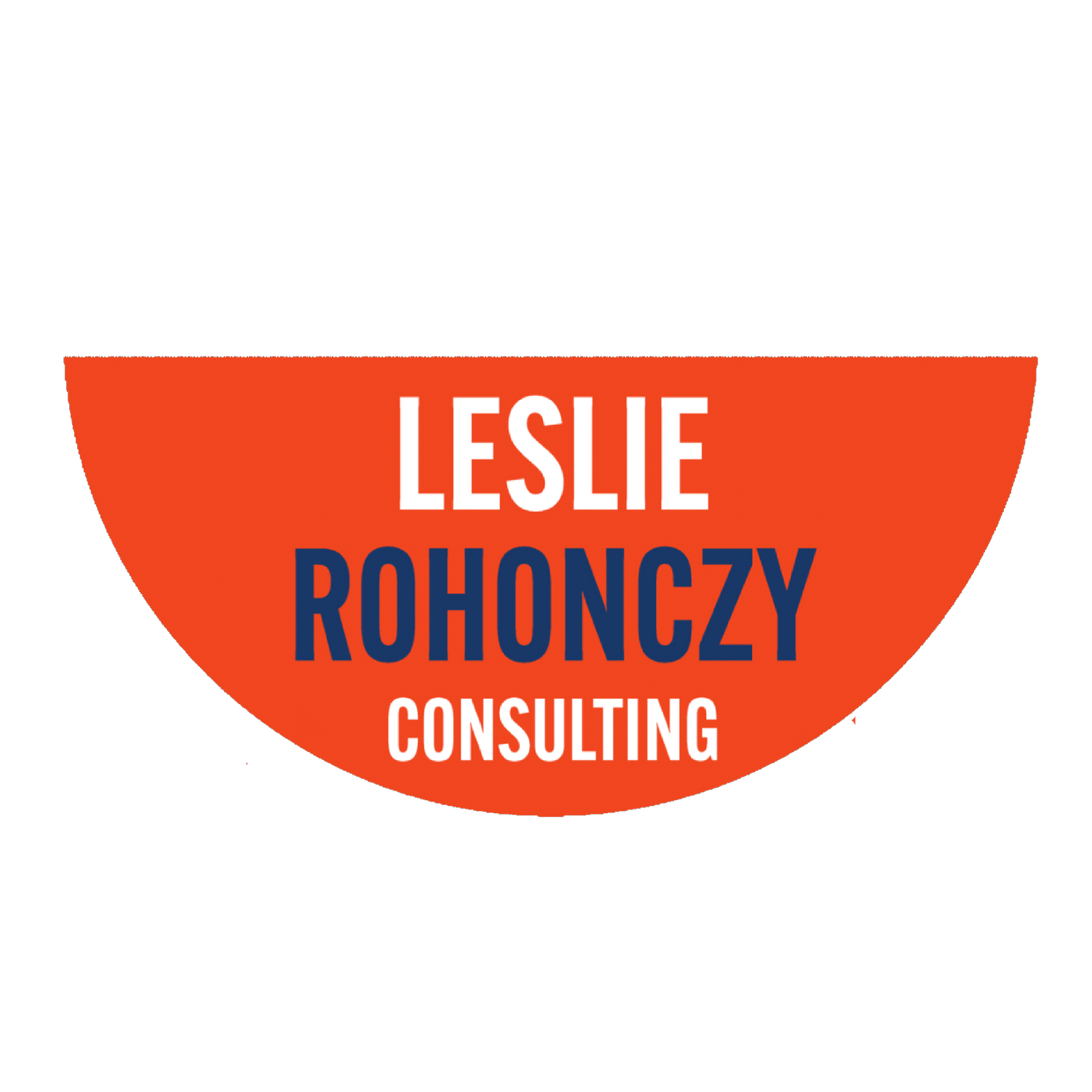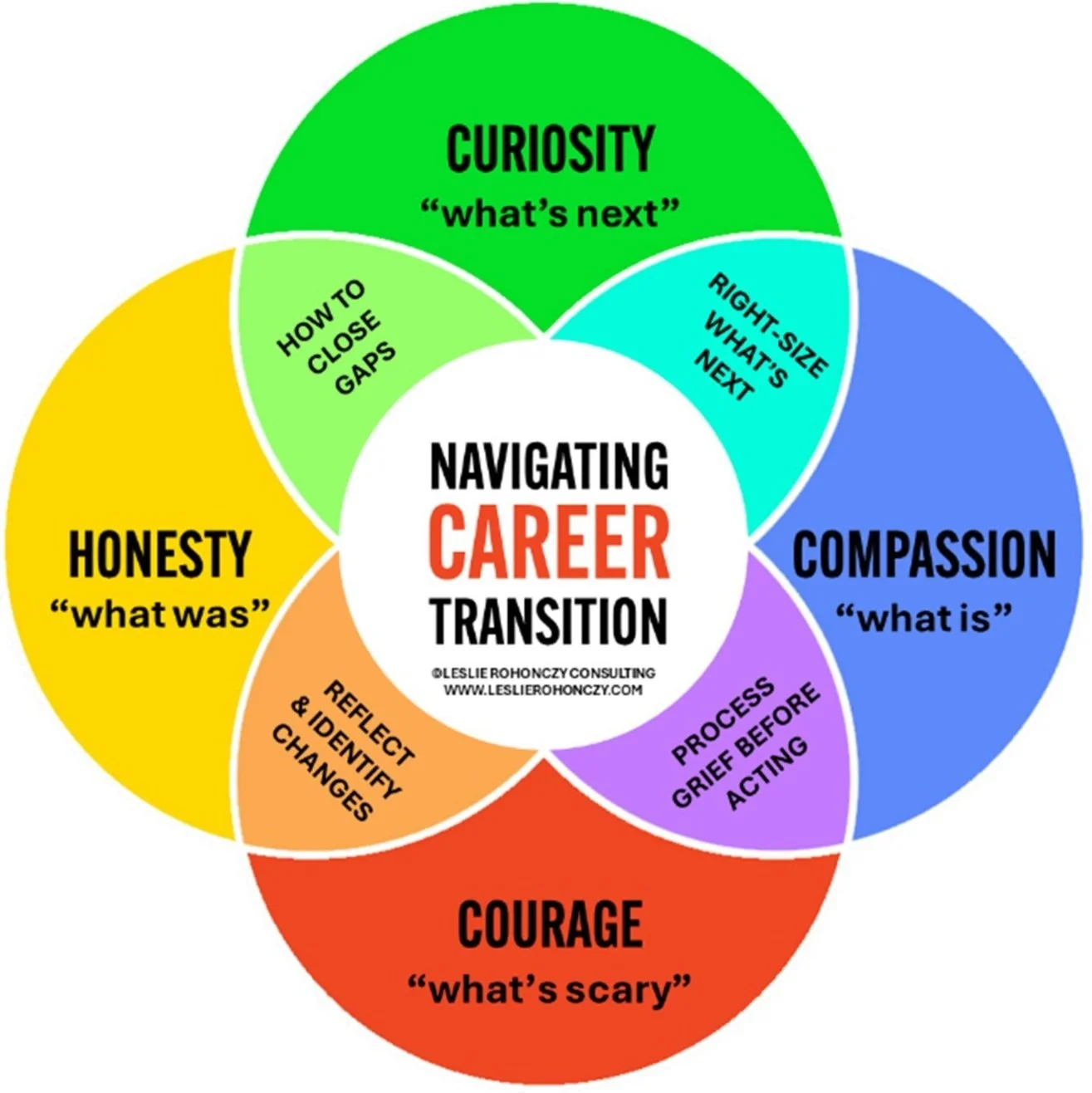Strengthening Our Canadian Leadership Mindset
LESLIE ROHONCZY, IMC™, PCC, Executive Leadership Coach | FEBRUARY 2025
I’ve noticed a shift in the focus of many of my executive coaching clients in the past several weeks. Because the global business and political landscape is evolving so rapidly, and even erratically at times, Canadian executives and senior leaders are wrestling with next-level economic uncertainty.
While this current crisis may feel familiar in some ways to the economic challenges that we experienced during the COVID-19 global health crisis a few years back, this is significantly different. During Covid, we faced a common threat that united industries and nations. Specifically, Canada and our U.S. counterparts were in the Covid battle together; brothers and sisters, fighting side by side as members of the same family; looking out for one another. Doesn’t it feel like that was light-years ago?
Our current economic pressures, shifting trade policies, political changes, and global instability demand a mindset shift so significant that it will define not just the future of our businesses, but the resilience of Canada’s economy itself. And while these changes bring risks, they also present tremendous opportunities: greater clarity, adaptability, and strength – as individual leaders, as Canadian organizations, and as a nation.
Using Ken Wilber’s Integral Theory as a framework, let’s look at leadership mindset across four critical perspectives of the Integral Quadrants model: Action, Systems, Relationships, and Values.
1. ACTION: Embracing Agility, Accountability, and Ownership
Uncertainty can be paralyzing, but it’s time for leaders to lean into action. The question isn’t if the landscape will change – it’s how fast and how well we adapt. We don’t have the luxury of waiting for complete clarity before we act.
Key Mindset Shifts:
Control the Controllable: Instead of fixating on external forces like tariffs or supply chain disruptions, focus on what you can control – efficiency, innovation, and strategic positioning.
Act Before You’re Ready: Take calculated risks and iterate quickly rather than waiting for perfect conditions.
Adopt a Learning Mentality: Every challenge presents an opportunity for reinvention. Embrace experimentation and learning to drive transformation. Try experimenting with reframing the challenge as a chance to develop local manufacturing partnerships, lobby for inter-provincial trade reforms, reduce reliance on foreign supply chains, and strengthen your industry.
Executive Coaching Reflection Questions:
What assumptions about the future might be limiting my options, and how can I reframe them to uncover new opportunities?
How will we challenge those assumptions to uncover new opportunities?
2. SYSTEMS: Thinking in Complexity, Acting with Precision
Uncertainty requires leaders to step back and see the broader system at play – political forces, economic trends, industry shifts – and make data-informed but decisive moves.
Key Mental Models:
Zoom Out, Then Zoom In: Toggle between macro and micro views. Analyze global trends but translate insights into specific, actionable decisions.
Decisiveness Over Perfection: Waiting for perfect data leads to stagnation. Instead, make high-probability bets based on emerging patterns.
Scenario Thinking as a Superpower: Plan for multiple outcomes to give you an edge when volatility strikes. For example, when you recognize that your traditional supply chains are fragile, experiment with AI-driven forecasting and diversifying supplier regions, to help you transform uncertainty into a competitive edge.
Executive Coaching Reflection Questions:
How am I balancing immediate pressures with long-term strategic vision, when making decisions?
What evidence, criteria, or data points do I typically rely on?
What other information might I explore to gain a fuller perspective?
3. RELATIONSHIPS: Leading with Emotional Intelligence and Stability
Markets fluctuate, but people are the heart of your business. Whether it’s your employees, your customers, or your stakeholders, they are all navigating this uncertainty along with you, and this is your opportunity to provide calm, transparent, and values-driven guidance.
Key Leadership Attitudes:
Transparency Builds Trust: Uncertainty is unsettling, but withholding information is worse. Leaders who share challenges openly build credibility and loyalty. Be as transparent as you are able, without putting your team or company at risk.
Empathy Over Authority: Instead of just driving performance, seek to identify and understand the emotional toll of this uncertainty. From that vantage point, lead with humanity. Employees and customers are loyal to leaders and companies who care about their well-being.
Confidence Without False Promises: As employees and investors look to you for assurance, demonstrate your confidence while staying honest about challenges. If you’re facing supply shortages, lead with radical transparency – openly communicate challenges while directing the pivot to Canadian suppliers. This is likely to increase customer trust, build stronger employee engagement, and strengthen your reputation for integrity.
Executive Coaching Reflection Questions:
How am I fostering trust and psychological safety within my leadership team and through my organization?
Am I sharing with enough transparency, and how do I know what’s ‘enough’?
4. VALUES: Leading with Purpose and Resilience During Uncertainty
At its core, leadership is about more than just profitability – it’s about principles. In times of upheaval, strong leaders ground themselves in what truly matters.
Key Leadership Principles:
Commit to National Resilience: Investing in Canadian talent, manufacturing, and innovation isn’t just patriotic – it’s smart business.
Lead with Long-Term Ethics: In a crisis, the temptation is to focus on short-term survival. Strong, resilient leaders make decisions that align with their values and their company’s legacy.
Champion Collective Strength: Uncertainty is best navigated through partnership, not isolation. Industry collaboration strengthens national stability. Instead of outsourcing to the U.S., invest in a Canadian R&D hub – securing government incentives and attracting top talent to future-proof your company while reinforcing Canada’s innovation economy.
Executive Coaching Reflection Question:
What are the foundational core values of my business?
How are my decisions reinforcing my core values and long-term vision?
What upcoming decisions may create pressure on my core values? How will I prepare mitigants for that?
Strengthening Leadership Mindset in Uncertain Times
While uncertainty is challenging, it is also an opportunity to refine and grow your leadership. By cultivating a mindset of adaptability, strategic thinking, emotional intelligence, and purpose-driven leadership, you can guide your business – and Canada – toward a more resilient future.
Want to strengthen your leadership resilience and impact in the face of uncertainty? Executive coaching is a powerful tool in developing the clarity, confidence, and strategic insight to thrive in an evolving landscape. Schedule a discovery call with Leslie Rohonczy today to explore how executive coaching can help you lead with confidence.



